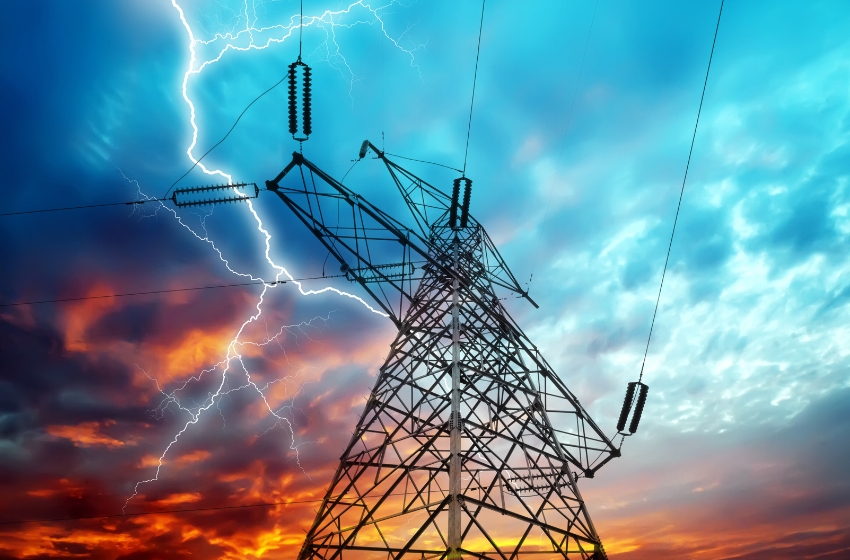Key reasons for rising electricity prices and risks to the economy were outlined by the advisor to the CEO of ArcelorMittal Kryvyi Rih. The government was urged to reconsider its approach to regulating the electricity market in order to preserve the country’s industrial potential.
This was emphasized by former Minister of Energy of Ukraine and advisor to the CEO of ArcelorMittal Kryvyi Rih, Olha Buslavets, during her speech at the GMK Center roundtable “Ukraine's Electricity Market: Challenges for Industry and the Metals Sector.”
“I’m not advocating for a single sector, but for the economy of Ukraine. If nothing changes, the country may lose its metallurgical industry — and that’s minus 7% of GDP, thousands of jobs, and a critical dependence on metal imports,” she stated.
Buslavets named three main factors contributing to the rise in electricity prices:
1. Limited market competition.
Due to the loss of half the country’s power generation capacity as a result of the war, electricity production has nearly equaled demand, depriving the market of fair pricing mechanisms. According to Buslavets, even the cheapest nuclear energy, now in deficit, is being sold at the highest possible prices. She proposes introducing mechanisms for artificial competition, such as requiring a portion of the resource to be sold at fixed prices.
2. Regional imbalances.
The loss of generation capacity in the east and the construction of new capacities in the west has created a need for mass transmission of electricity over long distances. This, in turn, leads to increased losses, higher costs for network reconstruction, and the use of more expensive generation in central regions.
3. Rising tariffs of natural monopolies.
The fees for electricity transmission and distribution are rapidly increasing. According to Buslavets, these tariffs include long-standing unresolved issues, and financial problems of energy companies are being resolved at the expense of consumers.
She also recalled that Ukraine already has examples of price support for industry. In particular, in 2020, large enterprises were able to purchase electricity from Energoatom under special conditions.
“Does Ukraine need industry? If so, then it needs state support. European countries understand this and are actively implementing support policies,” Buslavets concluded.





















